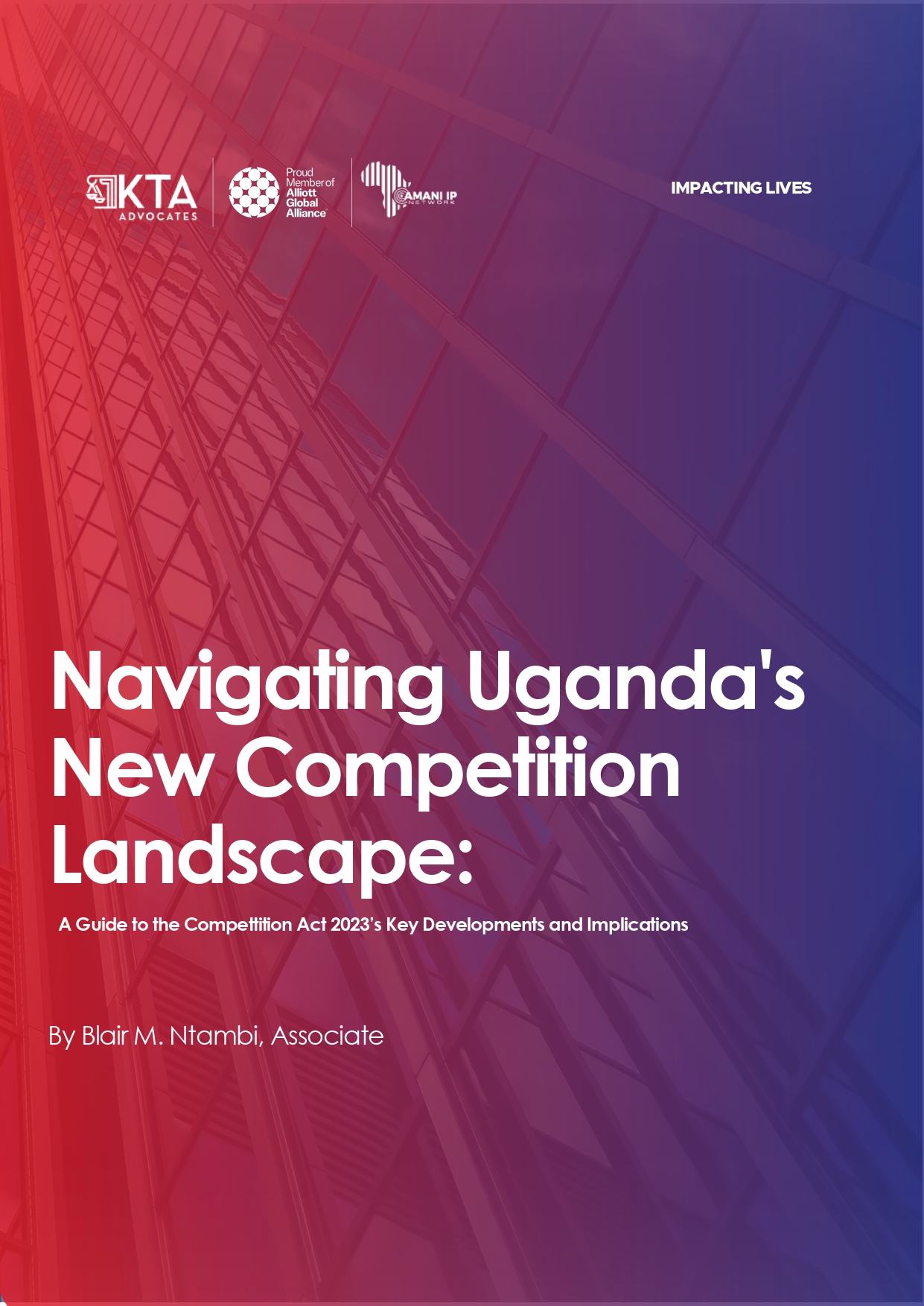A LEGAL PERSPECTIVE.
By Asmahaney Saad – KTA Partner- Corporate, Commercial & Projects
With proven commercial discovery, Tullow Oil managed to consolidate rights for all Exploration Areas with significant discoveries (EA1, EA2,and EA3A), and attracted oil giants Total and CNOOC into a joint venture at equal shares in 2011. This was the beginning of the reality of “oil money” for the Government, all preparations from early 1920’s for an oil discovery were now at play.
After 2011, Uganda was on the map as a potential oil producing country. Surrounded by experiences of the oil resource curse from other African countries, Government decided to slow down on the commercialization of the resource to develop a more robust policy and legal framework. The Ministry of Energy and Mineral Development (MEMD) had previously approved a National Oil and Gas Policy in 2008, but not much implementation was done. The caused parliament in 2011 to impose a moratorium on the signature of new contracts until the requisite legal framework was put in place. As stated in the 2008 oil and gas policy, the process of developing a robust legal and institutional framework also meant providing for a framework to plan for oil revenues. Planning for oil revenues required a push for a more accurate forecast of the potential size and timing of the oil revenue stream, fiscal policy decisions and choice of the institutional framework.
Come 2013, Parliament passed the Petroleum (Exploration, Development and Production) Act, the Petroleum (Refining, Conversion, Transmission and Midstream Storage) Act in 2013, the Ministry of Finance approved an Oil and Gas Revenue Management Policy which was an indication of Government prudence to manage the expected revenue. Following this in 2015, Government passed the Public Finance Management (PFMA)Act in 2015 which has been seen as a landmark legislation for its inclusion on the management of oil resources. This land mark law laid foundation for the development of the Charter for Fiscal Responsibility, the Petroleum Revenue Fund, and the Petroleum Revenue Investment Reserve or a Sovereign Wealth Fund.
What then constitutes oil revenue and how is this money spent? Expected oil revenues include but are not limited to; signature bonus, royalties, profit oil, income tax, dividends, premiums, in‐kind‐revenues, excise duty, and VAT. Therein, the collection and administration of Government revenues from oil and gas activities will be the responsibility of the Uganda Revenue Authority (URA), in collaboration with other relevant technical departments under the Ministry of Energy. These institutions will work together in the day‐to‐day monitoring of production activities to ensure proper measurement, assessment and collection of the Government revenues. Additionally, any revenues to be derived from disposition of the in-kind oil by the relevant Government agency will be deposited on the petroleum fund.
Generally, Article 153 of the 1995 Constitution establishes a the Consolidated Fund into which shall be paid all revenues or other monies raised or received for the purpose of, or on behalf of, or in trust for the Government, the exception being receivables that are payable by or under an Act of Parliament, into some other fund established for a specific purpose. In lieu, Section 53 of the PFMA Act establishes the petroleum fund and confers the overall responsibility to manage the fund with the Minister of Finance. According to semi- annual report by the Minister of finance to parliament the fund is maintained on two separate accounts in Bank of Uganda; one denominated in Uganda shillings and the other in United States Dollars. For purposes of investment, another account was opened in the Federal Reserve Bank of New York.
Section 58 of the PFMA provides that withdrawals from the Petroleum Fund shall only be made under the authority granted by an Appropriation Act and a warrant of the Auditor General to the Consolidated Fund, to support the annual budget; and to the Petroleum Revenue Investment Reserve for investment. An Appropriation Act is a law containing the amount of money to be spent by each Government ministry, department and local government, and authorizing the withdrawal of that money from the Consolidated Fund. Under the Appropriation Act 2019, Section 3 provided for the issue of money out of the Petroleum Fund towards the supply granted to the Government for the service of the year ending on the 30th June, 2020 the sum of four hundred forty-five billion, eight hundred nineteen million, and one hundred thousand shillings only.
Section 59 of the PFMA provides that the appropriated by parliament to be money withdrawn from the Petroleum Fund to the Consolidated Fund should support the annual budget and for avoidance of doubt shall be used for the financing of infrastructure and development projects of Government and not the recurrent expenditure of Government. Since the statutory creation of the fund in 2015, it is reported that between 2017 and 2019 that a total of Shs770.3b has been appropriated from Petroleum Fund and to the Consolidated Fund.
According to Thomas Lassourd and Andrew Bauer, Revenue Watch Institute in their paper “Fiscal rule options for petroleum revenue management in Uganda,” it is argued that with the current framing of the law, that the Petroleum Fund spending of oil revenues is planned through the Medium Term Expenditure Framework which Parliament approves each year in the same manner as savings through investment. The biggest risk exposure in this arrangement is the political pressure to spend that could lead to pro-cyclical fiscal policy (where spending increases and decreases in line with volatile oil prices), wasteful spending and either early depletion of the Petroleum Fund or failure to save at all.
Uganda currently has a Charter of Fiscal Responsibility; the PFMA however gives the Minister of Finance powers to deviate from the Charter in certain economic circumstances it would therefore be prudent that in order to curb mismanagement of oil revenues Uganda develops its fiscal rule into law that may not be easily changed. An effective fiscal rule for oil revenue management should be able to fulfill the strategic objectives of the National Oil and Gas Policy and the Oil and Gas Revenue Management Policy and adapt by providing for rules to follow in order to stabilize budget expenditures even in a highly volatile economic environment, adapt to the pace of increase in the administration’s and the economy’s absorptive capacity, and allow oil revenues to be invested in the local economy when and where their positive impact would be the highest.
Fiscal rules rank among the most important tools for managing oil revenues. Whether or not a government meets its stabilization or savings objectives depends almost wholly on the suitability, clarity and enforcement of its fiscal rules. First, they act as a commitment mechanism, binding successive governments to a long-term vision of public finances, which is critical in regions reliant on finite and unstable revenues. Second, fiscal rules can facilitate the implementation of budgetary goals and improve the efficiency of the public financial management system. Third, they define the conditions under which deposits and withdrawals from sovereign wealth funds are made — conditions which can stabilize government spending or generate savings.



